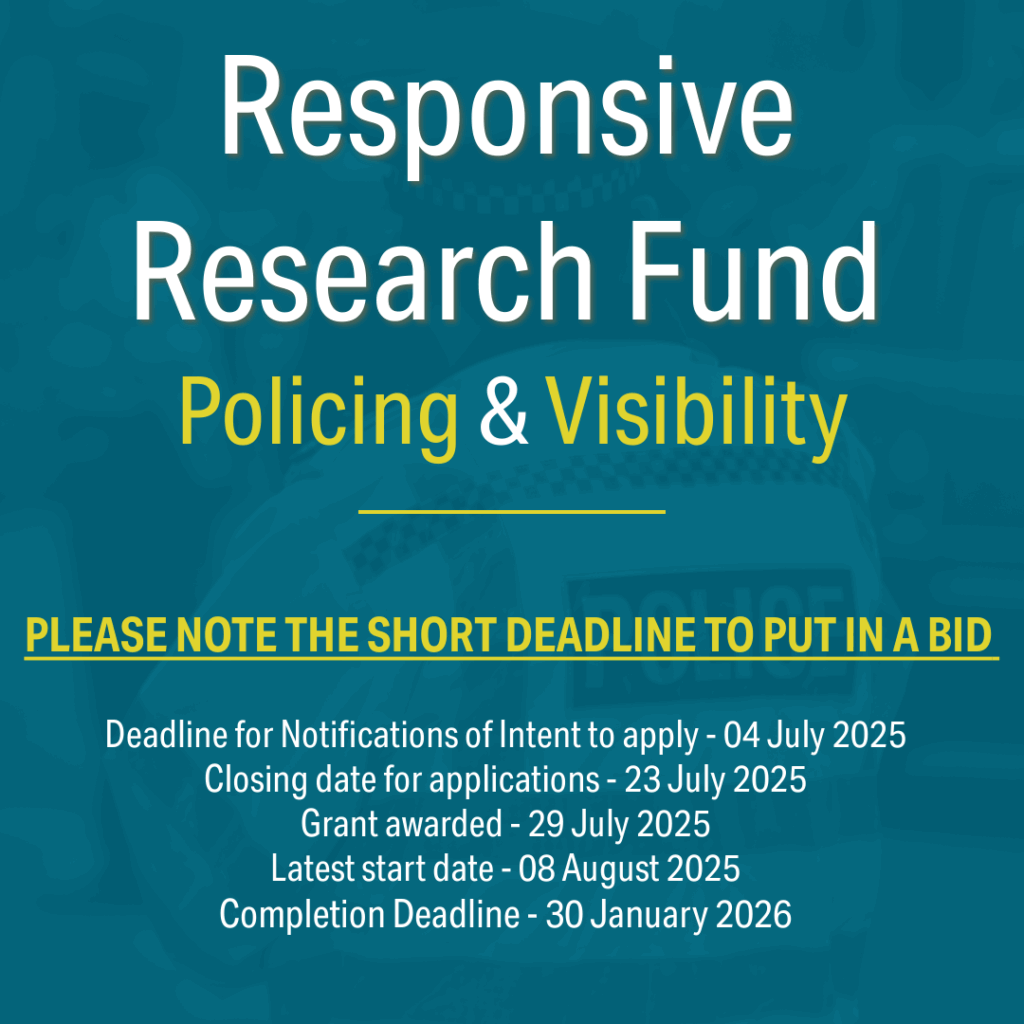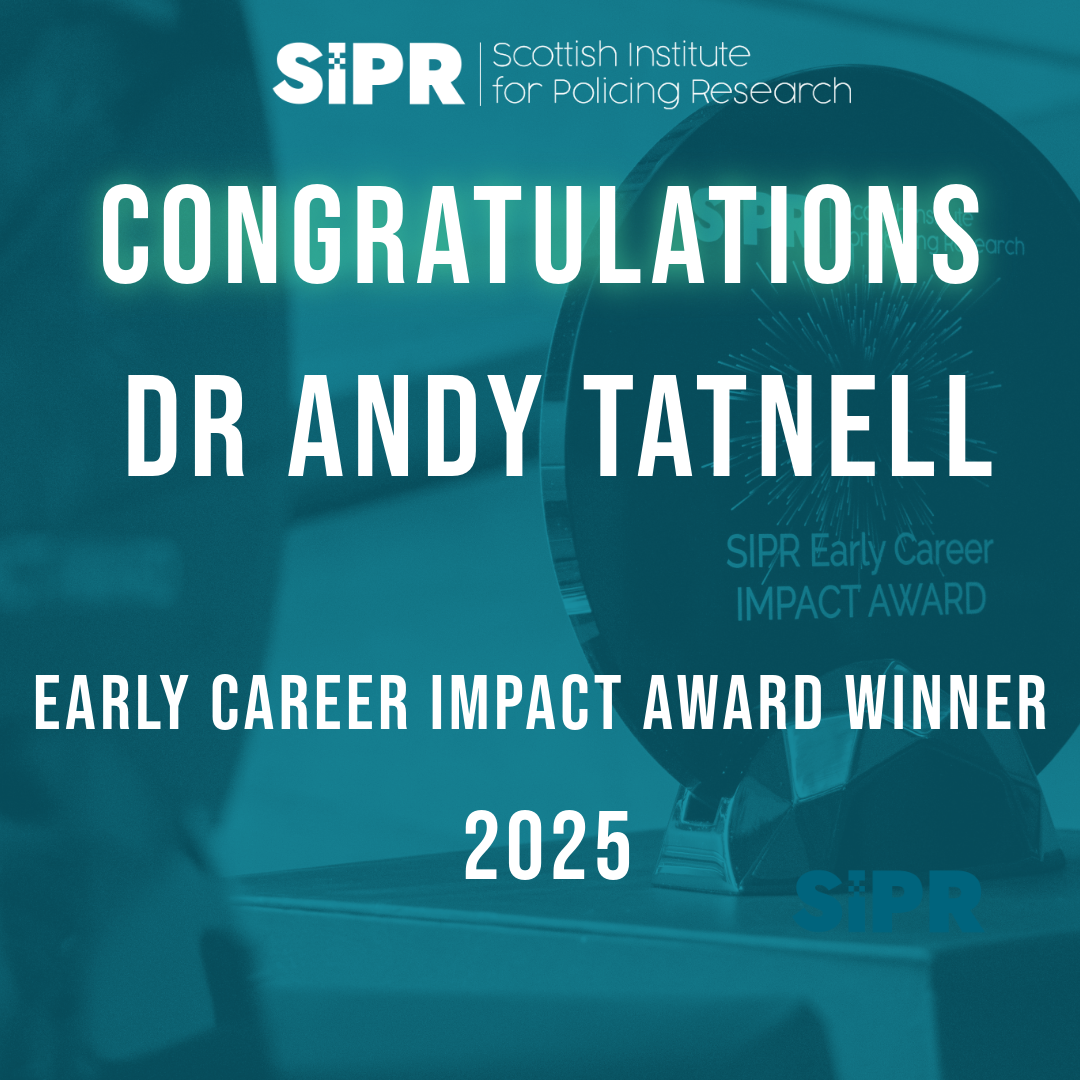SIPR are delighted to announce that we have now made an award in this recent Responsive Research Fund call. Our congratulations go to Professor Zoe Morrison of Robert Gordon University, Professor Paul Miller, Dr Myrtle Emmanual, and Dr Kenisha Linton of the Institute for Educational and Social Equity, who together will conduct the systematic review of Implementing Anti-Racism in the Context of Policing.
Discrimination (racism, homophobia, sexism, misogyny) is a sensitive and complex issue. For many, it is a difficult topic to discuss. Institutional racism and other discrimination (institutional discrimination) as a term can generate a visceral reaction and can be dismissed as being an issue in a workplace. In recent years there has been increased prominence given to the argument that to effectively tackle racism it is necessary to be ‘anti-racist’.
The former Chief Constable, Sir Ian Livingston, made it clear that those who hold racist views are unwelcome in policing. He emphasised that “it is not enough to be alert to racism and deal with it on a case-by-case basis. Nor is it enough simply to be non-racist. Police Scotland needs to be anti-racist”. He asserted that “Police Scotland should seek to challenge the existence and workings of racism at all levels – personal, cultural, and institutional”. The current Chief Constable, Jo Farrell, has echoed these sentiments.
Police Scotland’s Policing Together strategy has a vision which seeks for the service to be “welcoming, inclusive and representative of the communities we serve”. An outcome of this is that the service is “an anti-racist organisation [having] zero tolerance for any discrimination, bullying or harassment”. As one of the largest public sector organisations within Scotland, it is critical that Police Scotland ensures its policies support minority ethnic people moving into, staying and progressing in its employment.
“Institutional discrimination”, “institutional racism”, and “anti-racism” are terminologies used to describe different forms of systemic oppression and activities to limit the impact of such oppression. These terms are applied in various settings, with a variety of theoretical underpinnings. Given the different applications of discrimination (across, or compounded by different protected characteristics), it is not always clear whether the different terms refer to the same experiences of institutional discrimination, and how they are defined in terms of being actively prevented.
To support embedding sustainable, long-term change, this project aims to commission a review of organisational anti-racism conceptualisation and implementation in order to increase Police Scotland’s understanding of these and other related policies, and inform its planned approach.

Professor Zoe Morrison



